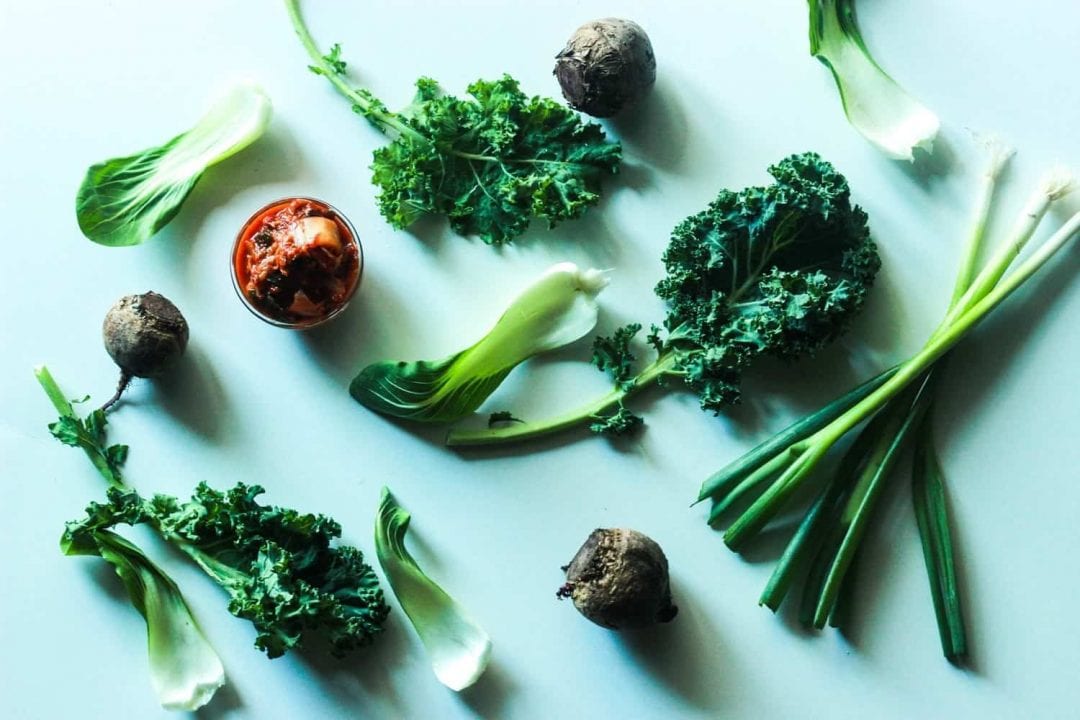The thought of menopause can be dreary and scary for many women. After all, it is expected that they would undergo various bodily changes and most of them are not functional changes. Often, most women do not understand what is happening to them, making the transition a lot more confusing and overwhelming.
If you wish to make the menopausal period (along with its symptoms) a lot more manageable, it is a must that you read this article. In this article, you will find all the things that you may expect to experience during menopause along with one possible menopause relief that you should know about.
What is Menopause?
Menopause is the term used to refer to the period when the productive years are over. This is the end of the menstrual cycle of a woman. At this time, the ovaries are no longer producing progesterone and estrogen which are the two hormones that are important for fertility.
The menopausal period often starts a year after you have last experienced your period. Menopause can be experienced as early as 40 years old, but often, it occurs at the age of 51. Your genes often determine the age at which your menopause will start.
Stages of Menopause and Their Symptoms
There are three stages of menopause. To help you to to understand further what is happening to the body, we have discussed the stages in detail below.
Stage 1. Perimenopause
This is actually the period before the actual menopause itself. It starts 3 to 5 years before your menopause. At this period, your menstrual cycles will already be irregular. There will also already be a drop in the estrogen and levels in your body so you can already feel the following symptoms:
Stage 2. Menopause
You will enter this stage, technically, once you have not gotten your period for a year. The transition from the first stage to this stage can take about 1 to 3 years, and on average, women experience this stage when they are 51 to 52 years old. The symptoms mentioned during the first stage will continue to this stage. But you may also experience other symptoms like:
Stage 3: Post-menopause
This is the third and final stage in the menopausal period, and this starts during the years that follow the menopausal period until the end of life. At this stage, you can already feel a reduction in the symptoms that you have experienced during the first two stages because the hormonal levels in the body are starting to stabilize.
But since the body is producing less estrogen, women at this stage are at high risk of contracting various health problems such as insomnia, osteoporosis, urinary tract infections, and breast cancer. You are also at risk of coronary heart disease, so it is important that you take good care of your body at this time.
How Cruciferous Vegetable Fight From Menopause?
As you may have noticed, the symptoms of menopause can be troublesome or just downright annoying. These symptoms can prevent you from functioning as a normal adult and may hinder you in carrying out your daily tasks. Because of this, many women are seeking ways on how they can find relief from these symptoms.
When you enter menopause, the estrogen becomes a lot more dominant which is quite confusing because we have always been told that the levels of estrogen drop at this time. While it is true that estrogen levels drop during menopause, the progesterone levels drop even more. As a result, the ratio of estrogen to progesterone becomes higher, making the latter the more dominant hormone. This causes the unwanted symptoms of menopause.
To correct this, many experts recommend the consumption of cruciferous vegetables. How do these vegetables work? Well, studies have shown that these vegetables contain a substance called the Indole-3-Carbinol (I3C) which is essential in the metabolism of estrogen. When ingested, the vegetables release this substance, and it will then combine with the acids in the stomach. This combination produces another substance that supports the metabolism of estrogen. A healthy estrogen metabolism can bring back the balance between the ratio of estrogen and progesterone in the body, minimizing the unwanted effects of menopause in the body.
Going through menopause is not an easy experience for most women. Understanding the hormonal changes that your body is the first thing that you need to do to find relief from these symptoms. Lucky for you, there are already plenty of ways on how you can manage the symptoms of menopause. Eating cruciferous vegetables is one of them.
Daisy Grace is a health and beauty expert. She enjoys writing on different topics related to women health issues and skincare. Daisy’s purpose and passion lie in facilitating health breakthroughs with women who deserve good health and fitness, happiness and self-love. She is also exploring new things related to general health and beauty. Website link- https://www.thebeautyinsiders.com/
This content was originally published here.







